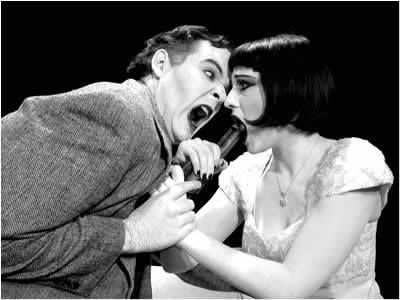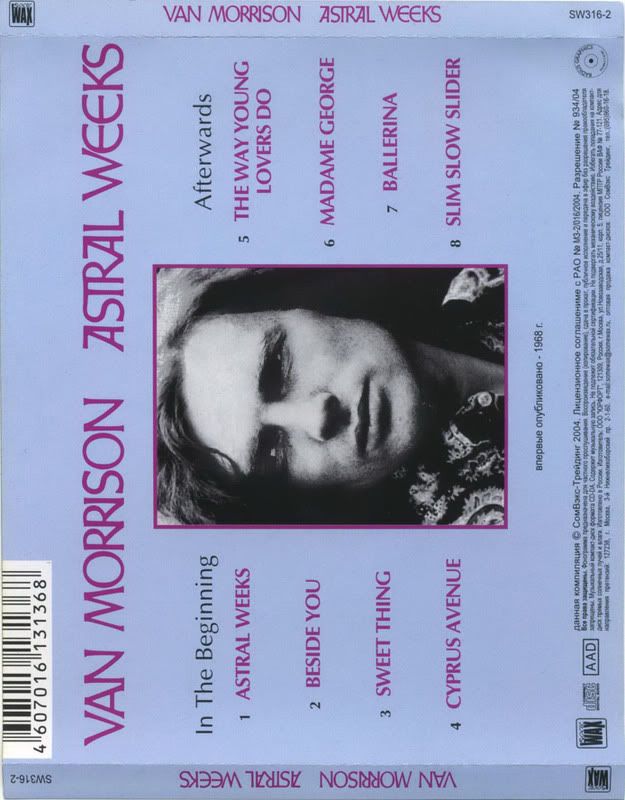 So there's a trivial but tingly moment in David (DM) Stith's "Hoarse Sorrows and the Whole Blind Earth" (from his EP, Curtain Speech) where the piano sounds lifted from a silent film. As the notes rise and fall, providing vital emotional cues, you can imagine the sepia-toned imagery and frantic, sped-up gesticulations of a pretty damsel being lowered into a lake full of fire-breathing bears. "The heroine is in peril!" Then the piano suddenly picks up in intensity. "Now she is being saved. The hero has arrived on horseback. Huzzah!"
So there's a trivial but tingly moment in David (DM) Stith's "Hoarse Sorrows and the Whole Blind Earth" (from his EP, Curtain Speech) where the piano sounds lifted from a silent film. As the notes rise and fall, providing vital emotional cues, you can imagine the sepia-toned imagery and frantic, sped-up gesticulations of a pretty damsel being lowered into a lake full of fire-breathing bears. "The heroine is in peril!" Then the piano suddenly picks up in intensity. "Now she is being saved. The hero has arrived on horseback. Huzzah!"But here's the thing: Stith would likely be more comfortable working within the silent film medium. On tracks like "Around the Lion Legs," his mouth sounds dry as he sings, like he's trembly nervous over expressing himself in such a manner. On "Just Once" he whispers the following couplet: "Just once, just once, just once / I could love you once." For Stith, words are an obstruction, a hurdle that must inevitably be cleared during the creative grind.
Lo-fi noodling, psych-folk trappings, bi-polar pop -- it's my hero at the moment.





